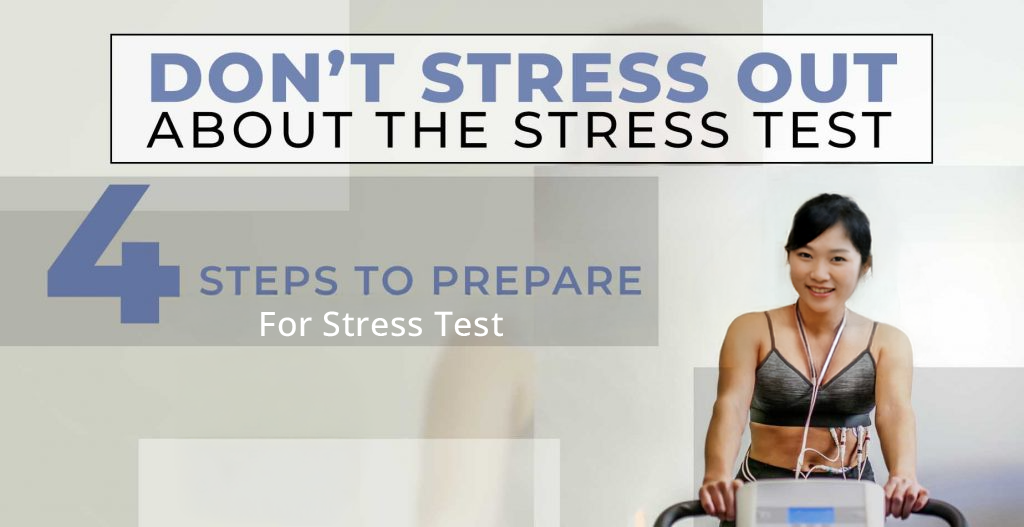Stress Test Malaysia: Essential Insights into Cardiac Health Assessments

In Malaysia, the awareness and importance of cardiac health have escalated, prompting an increased utilisation of cardiac stress tests. These tests, crucial in diagnosing and managing heart-related conditions, assess how well the heart handles work during physical activity. This comprehensive guide provides a deep dive into cardiac stress testing in Malaysia, highlighting its significance, methods, and critical considerations for individuals seeking to maintain optimal heart health.
Understanding Cardiac Stress Tests
A cardiac stress test, also known as an exercise stress test, evaluates the heart’s performance and blood flow while it is subjected to increased levels of physical activity. The primary goal is to detect any possible coronary artery disease, identify abnormal heart rhythms, and assess the overall cardiovascular function.
Types of Stress Tests Available in Malaysia

Treadmill Stress Test
The treadmill stress test is the cornerstone of cardiac stress testing, involving cardiovascular monitoring while the patient engages in progressively strenuous exercise on a treadmill. This test is particularly effective in identifying how the heart responds to increased physical activity, helping to pinpoint potential blockages in the arteries and assess the risk of heart disease.
Ergometer (Cycling) Stress Test
The ergometer stress test involves the patient pedalling a stationary bike against increasing resistance while we monitor the patient’s heart response. It’s an excellent alternative if walking on a treadmill isn’t suitable.
Pharmacological Stress Test
Designed for patients who are unable to perform physical exercise due to health limitations, the pharmacological stress test uses medication to mimic the heart’s behavior as if the patient were exercising. Medications such as dobutamine or adenosine are administered to increase heart rate and blood flow, allowing cardiologists to evaluate the heart’s function under simulated stress conditions.
Stress Echocardiogram
A stress echocardiogram combines an exercise or pharmacological stress test with ultrasound imaging to visualize the heart’s movement and structure during stress. This test is particularly useful for evaluating the heart’s pumping action and for detecting heart diseases that may not be apparent during a resting echocardiogram.
Preparing for a Stress Test

Preparation for a cardiac stress test may involve several steps to ensure accurate results and safety during the procedure:
- Fasting: No fasting required. Patients may eat and drink as usual.
- Medication Adjustments: Some medications may need to be paused or adjusted before the test, as directed by a healthcare provider.
- Appropriate Clothing: Patients should wear comfortable clothing and suitable shoes – sports attire is preferable but not mandatory.
- Disclosure of Health History: Providing a comprehensive health history to the medical team to tailor the test appropriately.
What to Expect During and After a Stress Test
During the test, patients are closely monitored by medical professionals. The test continues until a target heart rate is reached, the patient requests to stop due to fatigue, or any abnormal signs are observed in the patient’s cardiovascular response.
- For treadmill or bike test, patient will exercise in sages of increasing intensity.
- For dobutamine tests, patient will receive an Intravenous (IV) infusion.
After the test, patients will rest briefly while we continue to monitor. Most people feel fine soon after, though mild fatigue is common.
Post-test, the results are analysed to check for any irregularities in heart rate, blood pressure, and ECG patterns. Depending on the outcomes, further diagnostics like coronary angiography or lifestyle and medication adjustments may be recommended.
The Role of Stress Tests in Preventive Cardiology
In Malaysia, where lifestyle-related health issues are prevalent, stress tests play a pivotal role in preventive cardiology. They help in early detection of heart conditions, allowing for timely intervention which can significantly alter the course of heart diseases and improve quality of life.
Conclusion
Cardiac stress tests are a cornerstone in cardiovascular diagnostics in Malaysia. Understanding the types of stress tests and preparing adequately can help individuals achieve the most accurate results. Regular cardiac assessments, including stress tests, are recommended as part of a proactive approach to heart health, ensuring that any potential issues are addressed promptly and effectively. For comprehensive care and a proactive approach to your heart health, consider booking a Wellness Package at Northern Heart Hospital.
FAQ: Understanding Cardiac Stress Tests in Malaysia
What is a cardiac stress test?
A cardiac stress test is a medical procedure that evaluates the heart’s ability to withstand activity by monitoring its performance and blood flow during physical exercise, typically using a treadmill or pharmacological agents.
Who needs a cardiac stress test?
Individuals who have symptoms of coronary artery disease, such as chest pain or shortness of breath, as well as those with a family history of heart disease, are common candidates for a stress test. It’s also recommended for those who need evaluation of their heart health before starting an exercise program.
How do I prepare for a cardiac stress test?
No fasting is requited before the test. Patients should wear comfortable sports attire but this is not essential. Discuss medication adjustments with your doctor.
What do the results of a stress test indicate?
Results can indicate the presence of coronary artery disease, the effectiveness of ongoing treatment, or the need for further diagnostic procedures. Normal test results generally mean that there is no significant coronary artery disease, while abnormal results may require further evaluation.
Can a stress test prevent heart disease?
While a stress test itself does not prevent heart disease, it can help diagnose conditions early, allowing for interventions that can significantly improve long-term cardiovascular health and potentially prevent heart-related incidents.
